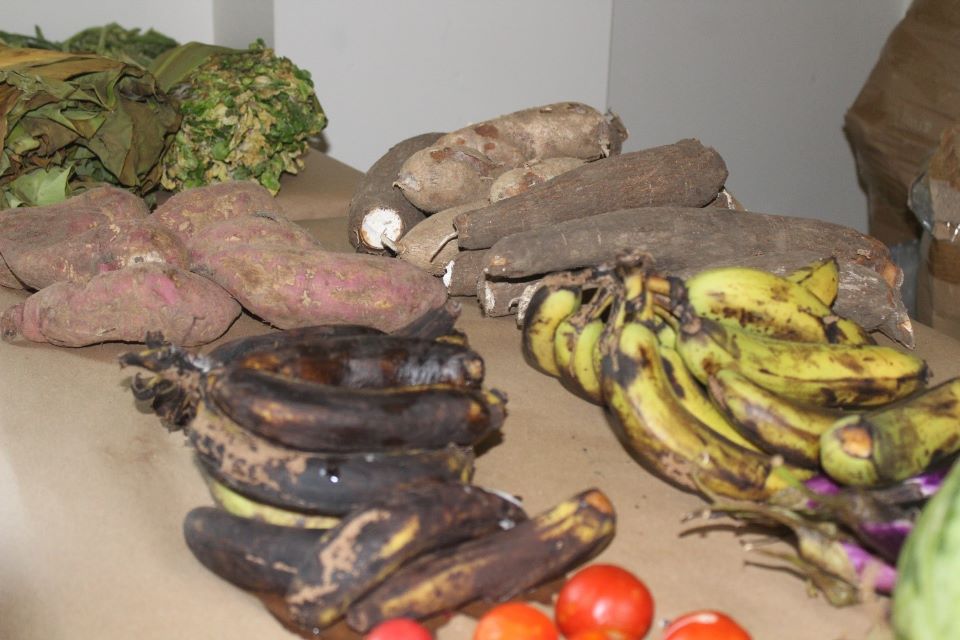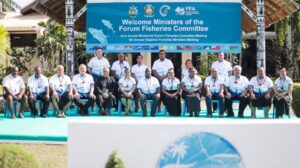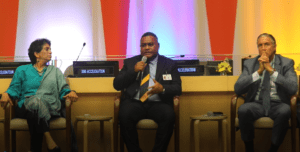A two-day post-harvest training of trainers was successfully held at the Heritage Park Hotel in Honiara on 21 and 22 September 2021.
Staff of the Ministry of Agriculture and Livestock (MAL), representatives from farmers and producer groups and market vendors associations had the opportunity to learn more about post-harvesting, handling practices and skills to reduce food waste and losses in the market value chains within the food system in the Solomon Islands.
The new Agriculture and Livestock Growth Strategy and Investment Plan 2020 – 2030 (ASGIP) within its National Food and Nutrition Security Program a priority on Sustainable Food Systems Development. Specific actions to “Reduce food loss and waste through capacity building, training and improved market storage infrastructure” are also included in this important Strategy, which acknowledges it as a key aspect in order to improve food systems performance in the country.
The training of trainers has been requested by MAL as a capacity development action directly related with the implementation of this new Strategy. It has followed a multi-stakeholder approach, incorporating relevant actors involved in different stages of the agri-food value chains.
It was also designed with a practical approach that included a second day of practical sessions conducted in the Honiara Central Market. Participants had the opportunity to design a questionnaire, and approach and interview market vendors to get a better understanding of what are the main challenges that they are currently facing with regards to food waste and loss of fruits, vegetables and root crops.
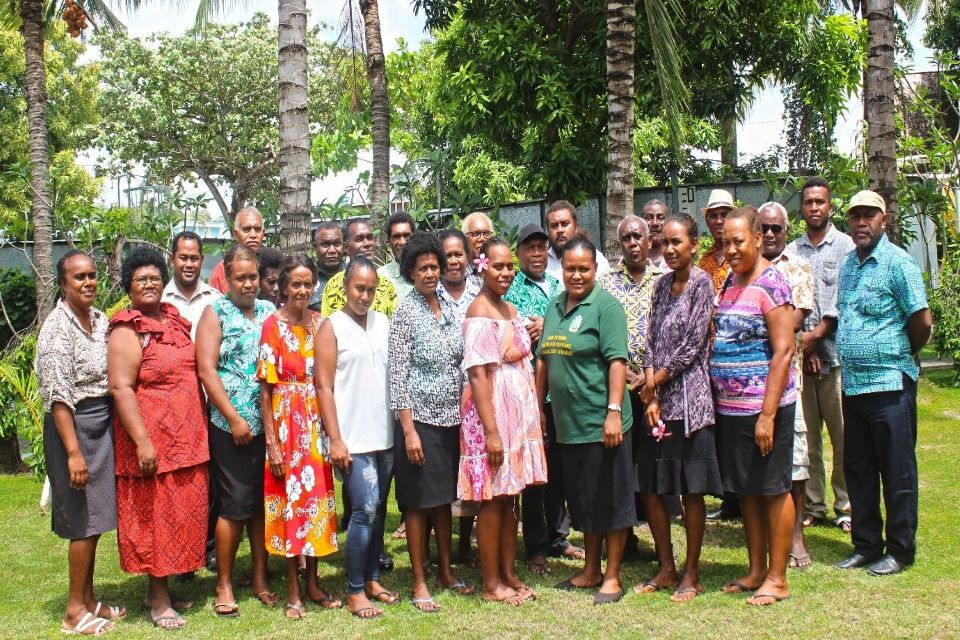
The workshop was conducted in partnership between the Food and Agriculture Organisation (FAO) and European Union’s (EU) ‘Food and Nutrition Security Impact, Resilience, Sustainability and Transformation (FIRST) Programme’, the University of Sunshine Coast (USC) in Australia and the Ministry of Agriculture and Livestock (MAL).
Professor Steven Underhill and Dr. Sarah Burkhart from USC developed the training modules used in this training based on their extensive research experience on different aspects of the local food systems in the Pacific. Local presenters, including farmers, market vendors and MAL extension officers, shared their experiences when dealing with food waste and loss and complemented their presentations. Other research and knowledge generated by FAO and partners from the Academia in the region has been also considered.
Speaking during the opening part of the workshop on behalf of the PS MAL, the Deputy Secretary (Technical) Mr. Michael Ho’ota stated that, “The Ministry of Agriculture and Livestock is concerned about the high volume and the value of the postharvest food waste and loss in the market value chain and this training is part of MAL’s effort to addressing this area as recommended by the ASGIP to manage and reduce the postharvest food waste and loss”.
Mr. Jimi Saelea, Assistant of the FAO Representative in the Solomon Islands highlighted that FAO recognizes this issue of post-harvest food waste and loss, which contributes to a substantial expense along the market value chain, so this training workshop will equip participants to be able to recognize what post-harvest loss and waste is and what remedies are there to reduce it.
Professor Steven Underhill said that based on his research from the past ten years, he had estimated that postharvest market loss in the Solomon Islands in 2017/2018 was around 8% that equates to 1,700 tonnes of fresh product loss (annually) or SI $28 Million of lost potential farm income (annually).
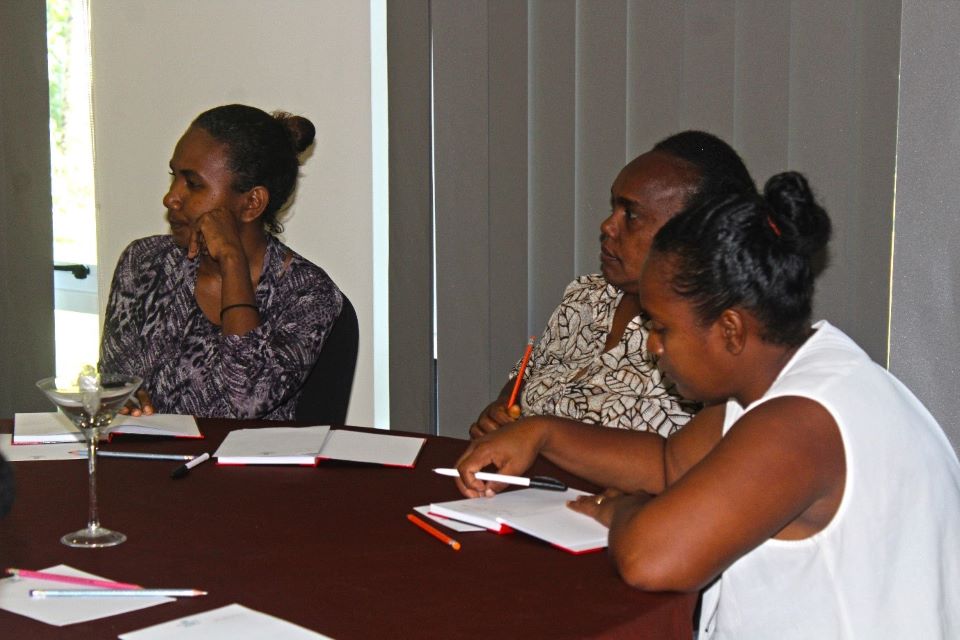
During her presentation, Dr. Sarah Burkhart discussed the linkages between post-harvest loss and health and nutrition and concluded that “improving post-harvest practices has potential to also improve diets, and ultimately health through increased availability and accessibility to nutritious, local fruits and vegetables.
FIRST Policy Officer for the Pacific, Itziar Gonzalez, highlighted the importance of reducing food waste and loss across the food system as one of the most effective ways of boosting food availability and contributing to food security and nutrition of the population, with positive impacts on the environment and people’s livelihoods.
It is envisaged that at the completion of the training, the participants have acquired technical skills and techniques to train the farmers and producers throughout the food value chain in the Solomon Islands including packaging, transport logistics and displays in the markets.
The training is an integral part of the FAO-EU FIRST Programme and was conducted both virtually and face-to-face with support from the University of Sunshine Coast, FAO and MAL technical officers.
Source: MAL MEDIA

